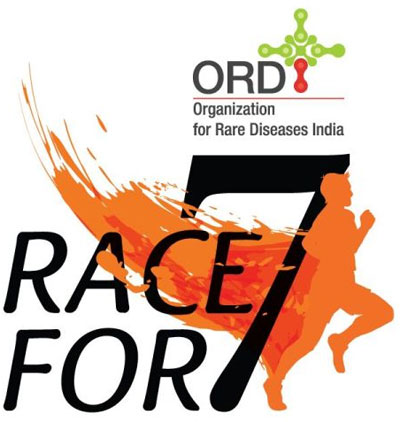Certain genetic conditions can cause symptoms in children that can’t yet be diagnosed, called Syndromes without a Name (SWAN). It is a term doctors sometimes use when children experience symptoms that might indicate that the condition is genetic, but it can’t yet be diagnosed.
There are a variety of symptoms associated with SWAN, including developmental delay, learning difficulties, and physical disabilities. These symptoms can vary from child to child and can be severe or mild. The implications of these symptoms on a child’s life will also vary [1].
‘Syndromes Without A Name (SWAN) Facilities For Rare Diseases BBC recently shared a report on the SWAN facility in Wales, UK, where Debbie Schwartz, a 47-year-old former teacher, spoke about her younger days, growing up with an undiagnosable disease and often causing people to assume that she was faking her illness.
“I felt like I was letting my parents down,” Debbie said. “They were traipsing me around back and forth to hospitals in Newcastle and London” [2].
“As an 11-year-old being told the tests aren’t showing anything and your parents hear that, there’s no thoughts the doctors are wrong because they’ve done all these tests, they are the doctors, they know. So the diagnosis must be that I’ve made it up. “The onus was very much on me and I felt pressured by that. I was in school and just a child. It was difficult,” Debbie recalled.
In 2005, Debbie received a partial diagnosis of mitochondrial disease, a group of diseases caused by defects in key parts of the body’s cells [3].
Additionally, she has been diagnosed with three other “very rare disorders” – a neurological condition, an immune disorder, and a movement disorder. In addition to her hearing loss, she is partially sighted, struggles with balance, and has no sensation in her hands or below her knees. She needs the assistance of carers three times a day, and her quality of life is deteriorating.
A specialist clinic in Cardiff, the UK’s first national clinic for syndromes without a name, is currently working with Debbie to identify her underlying condition, as mentioned in the BBC article [2].
Syndromes Without A Name (SWAN) The support group Syndromes Without a Name (SWAN) was founded in 1999 by the grandmother of a child with severe developmental delays but no diagnosis for her condition. SWAN provided support and information to numerous families over the following decade, and its membership grew to 1,300 over the following decade. In addition to forming close ties with several health and social care professionals in the UK, similar support groups were also established abroad [4].
How Does SWAN Help People With Rare Disorders?
As part of its mission, SWAN promotes awareness of the challenges children and families face with undiagnosed diseases [5].
Rare Disorders In India
About 450 rare diseases have been documented in India, although their scope may range from 7,000 to 8000. In India and internationally, rare diseases pose a significant challenge to public health systems for several reasons [6].
Such as the difficulty in collecting epidemiological data, research and development difficulties, making accurate and timely diagnoses, management involving long-term care and rehabilitation, and the high cost of treatment.
Due to the lack of adequate data on how many people suffer from diseases considered rare worldwide, the Indian government does not have an accurate definition of what is a rare disease. However, according to studies conducted in other countries, rare diseases affect approximately 6 per cent to 8 per cent of the population. Therefore, researchers have estimated that approximately 70 million people in India live with rare diseases [7][8].
Several diseases are commonly reported, including primary immunodeficiency disorders, lysosomal storage diseases (Gaucher’s disease, Mucopolysaccharidoses, Pompe disease, Fabry disease, etc.), small molecule inborn metabolic errors (Maple Syrup urine disease), cystic fibrosis, osteogenesis imperfecta, muscular dystrophies, and spinal muscular atrophy [9].
Is There A SWAN Facility In India?
No, but India has the Organization for rare diseases India (ORDI), which was co-founded by the parent of Nidhi, the first registered patient with Pompe disease in India [10].
On A Final Note…
Medications may sometimes improve the quality of life, but in India, patients and parents must pay lakhs and crores of rupees yearly. Over the past few years, many crowdfunding campaigns have been launched to raise funds for patients suffering from rare diseases [11].
The economic burden of rare diseases is significant regardless of the size and demographics of a country arising from increased healthcare expenditures. Although challenging, in light of the complexity of various diseases and the difficulty in diagnosing them, systematic research should be conducted in India to determine the number of individuals suffering from rare diseases.
Link for original article : https://www.boldsky.com/pregnancy-parenting/basics/syndromes-without-a-name-swan-facilities-for-rare-diseases-what-is-swan-is-there-a-swan-facility-142808.html?story=5



